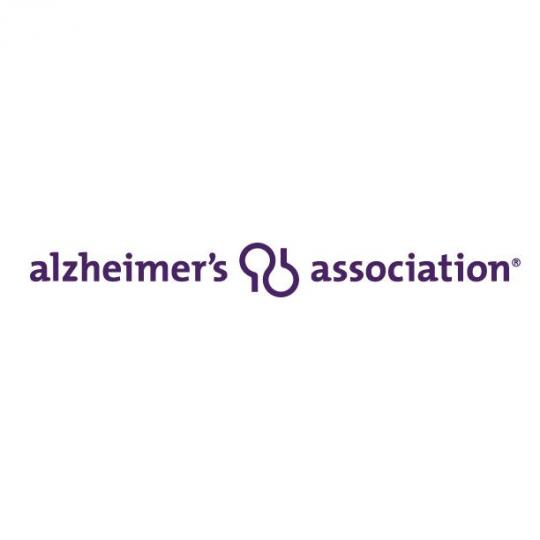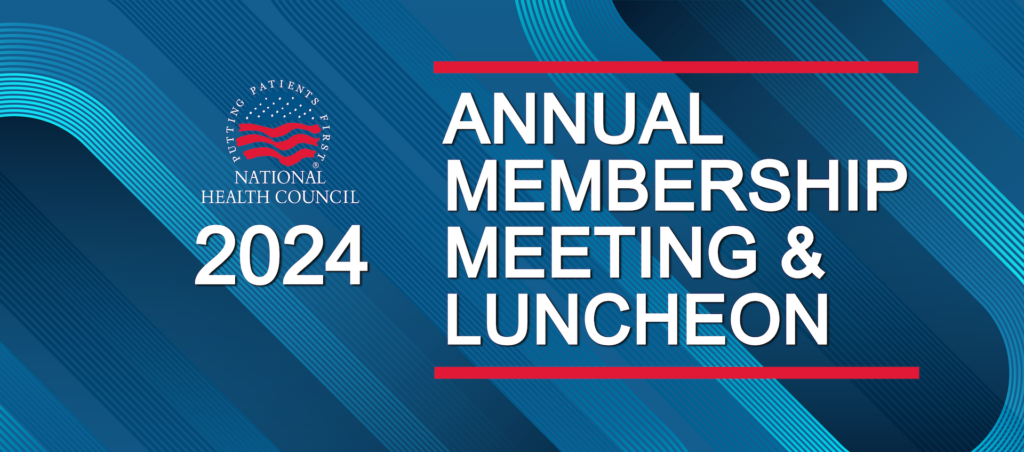

Guest Blog: 6 Things People Living with Early-stage Dementia Want You to Know
By: Monica Moreno, Senior Director, Care and Support, Alzheimer’s Association
This June, during Alzheimer’s & Brain Awareness Month, the Alzheimer’s Association is revealing insights from people living with early-stage dementia and what they wish others knew about living with Alzheimer’s and other dementia.
Many Americans struggle with what to say and do when a family member, friend, co-worker, or neighbor is diagnosed with Alzheimer’s disease or another dementia. The shock of someone revealing a dementia diagnosis can leave many at a loss for how to engage. Efforts to be supportive can be dampened by concerns of saying or doing the wrong thing. Worse, not knowing what to say or do, some individuals distance themselves from diagnosed individuals, further deepening the sadness, stigma and isolation people living with Alzheimer’s and dementia can experience in the wake of a diagnosis.
The Alzheimer’s Association recently asked those living with early-stage Alzheimer’s and other dementia what they want others to know about living with disease. Here are six things they shared:
My Alzheimer’s diagnosis does not define me. Although an Alzheimer’s diagnosis is life changing, many living with the disease say their diagnosis does not change who they are. “I love the same people and doing the same things I did before my diagnosis,” said Dale Rivard, 64, East Grand Forks, MN. “I understand Alzheimer’s is a progressive disease and I may not be able to do all the things I once did, but I want to continue doing the things I enjoy for as long as I can.”
If you want to know how I am doing, just ask me. The sudden change in how others communicate with someone recently diagnosed with Alzheimer’s or another dementia is a frustrating experience for many living with the disease. Many individuals say it can be upsetting when family and friends only check on the person through a spouse or an adult child. They say avoiding or side-stepping direct communication only makes them feel more isolated and alone.
Yes, younger people can have dementia. While the vast majority of Americans affected by Alzheimer’s and other dementia are age 65 and older, the disease can affect younger individuals. While disease-related symptoms are similar, the challenges associated with an earlier diagnosis can be different. “I was diagnosed with dementia at age 53,” said Deborah Jobe, 55, St. Louis, MO. “I was at the peak of my career and had to step away from a job I loved. Suddenly, the plans I had for retirement with my husband looked very different. Most people just assume that Alzheimer’s and dementia is only a diagnosis for old people, but I tell people if you have concerns about your cognition, get it checked regardless of your age.”
Please don’t debate my diagnosis or tell me I don’t look like I have Alzheimer’s. While family members and friends may be well-intended in attempting to dismiss an Alzheimer’s diagnosis, many living with the disease say such responses can be offensive. “It’s hard enough to tell someone you have Alzheimer’s, let alone have to defend it,” said Laurie Waters, 57, Clover, SC. “It drives me crazy when someone tells me I am too young or that I don’t look like I have Alzheimer’s. People living with Alzheimer’s all look different. You may not see my illness, but I live it every day.”
Understand sometimes my words and actions are not me, it’s my disease. As Alzheimer’s disease and other dementia progresses, individuals can experience a wide range of disease-related behaviors, including anxiety, aggression, and confusion. Diagnosed individuals say it’s important for others to recognize disease-related symptoms, so they are better prepared to support the person and navigate communication and behavioral challenges.
An Alzheimer’s diagnosis does not mean my life is over. Earlier detection and diagnosis of Alzheimer’s disease and other dementia is enabling diagnosed individuals more time to plan their futures and prioritize doing the things most important to them. Many people living with early-stage Alzheimer’s and dementia say they want to continue living active, fulfilling lives for as long as possible.
During Alzheimer’s & Brain Awareness Month in June, the Alzheimer’s Association invites National Health Council members to learn more about disease-related challenges facing those living with Alzheimer’s and other dementia. Educating yourself and others about the disease is one of the best ways to reduce stigma and misperceptions. The Alzheimer’s Association offers guidance for navigating every stage of the disease. The Association’s Live Well series provides tips to help early-stage individuals live their best lives. For other disease-related information and resources, visit alz.org.
The Alzheimer’s Association is a member of the National Health Council. For more information on membership, please contact membership@nhcouncil.org.


